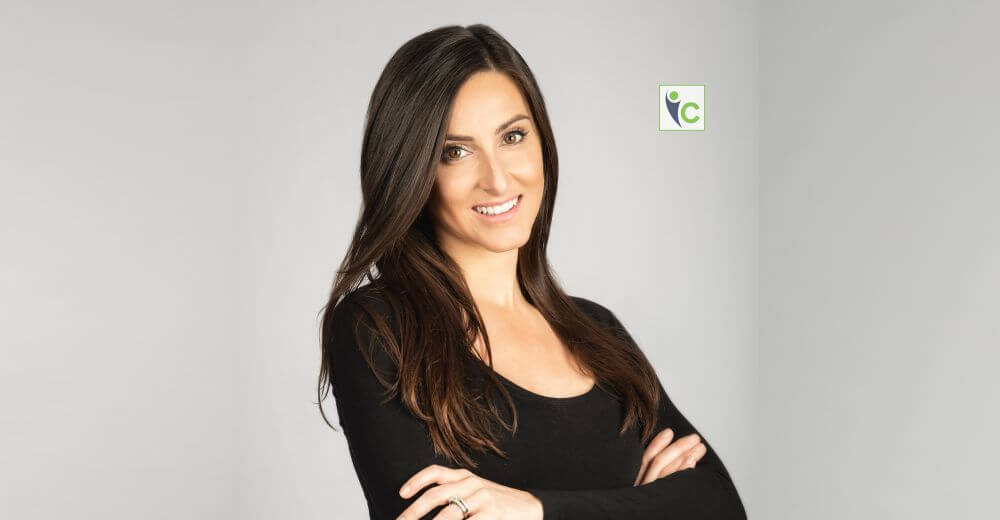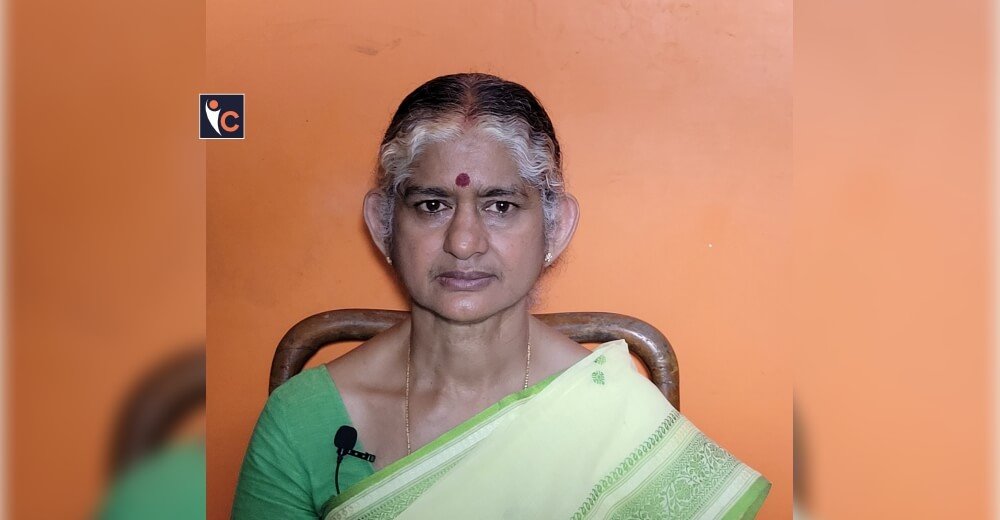You are snoring. Your partner pushes you to your side with an elbow. One of you gets up and sleeps in another room. No matter what, you both are tired and exhausted the next morning.
Sounds familiar?
Well, you are not alone. It’s estimated that 2 billion people worldwide suffer from snoring. Some studies show couples struggling with snoring have a higher divorce rate. Those couples who stay together often “sleep divorce,” meaning they permanently sleep in separate bedrooms. However, people often fail to understand that snoring is caused by underlying obstructive sleep apnea, which is a treatable sleep disorder.
Providing cures to such a wide range of sleep conditions and disorders, Sleep Better NYC offers sleep coaching, education, and care coordination to help its client get a peaceful sleep.
In an interview with Insights Care, its Founder, Teresa DeNike, BS CCSH, talks about how the company provides wellness solutions to help its client attain healthy sleeping habits.
Please brief our audience about your company. Kindly tell us the source of inspiration for starting the Sleep Disorder Care Solution Provider company.
Sleep Better NYC is a company for sleep coaching, education, and care coordination. Our services are 100% virtual, so although we are based in Brooklyn, NY, we have worked with people from across the country- and even have some connections in other parts of the world! We believe that consumers deserve accurate, specific information and tools to improve their sleep. Patients also need education and support to get through the process of testing, treatment, follow-up, and lifestyle change.
We are determined to bridge this obvious gap in sleep education and healthcare.
Tell us more about the products that make your company stand out from the competition.
First and foremost- our coaches have clinical experience and credentials- we are trained by sleep professionals. We understand the science behind the recommendations we give, and we have the ability to refer clients to the appropriate professional when they need testing, medical treatment, and/or psychiatric support.
My right-hand person is sleep coach Drew Copeland, who is a registered polysomnographic technologist, and a subject matter expert for the American Academy of Sleep Medicine. We also have an incredible advisory panel, which we refer to for guidance.
Tell us about how your company’s products support individuals in improving their sleep and tell us about the latest products developed by your company to fulfill an individual’s sleep and wellness goals.
We believe in realistic recommendations and small changes for sustainable results. We try to meet people where they are, without judgment, and help them improve their sleep situation for the reasons THEY feel are the most important.
With our new self-paced programs, we’ve made it easier to access accurate information, recommendations, and tools for better sleep. We offer virtual coaching sessions, but we found that people were having trouble committing to the time each week with family and work obligations. They would often message us between sessions about products, articles, and blogs they saw online. The information they saw was frustratingly generic and rarely fit their specific needs. We designed these self-paced programs to put everything in one place for them for easy learning and future reference. We include information on how to make improvements and how to seek additional help when needed. Then we are available via live chat or virtual session for more support.
Teresa, tell us about your journey in the industry and how you have made the company excel in its niche.
For the last 14 years, I’ve worked in medical and dental sales and consulting, but I never found my passion until I got involved in the world of sleep medicine about five years ago. I worked for the world leader in oral appliance therapy- a manufacturer of effective and comfortable devices that so few people knew existed. I saw the life-changing impact these devices had on patients of physicians and dentists, and I wanted to do more to increase awareness.
In 2020 I started an Instagram page, started taking online courses, and worked with clinicians and a sleep lab to prepare for the exam to earn my clinical credential- the Certification in Clinical Sleep Health (CCSH). Since then, the response to this goal of awareness, education, and personalized support has been overwhelmingly positive. I made the transition to full-time business owner and sleep coach in October of 2021, and we’ve been growing and expanding outreach ever since.
In your opinion, how can sleep disorder care solution provider companies use the latest technologies in their products and services to promote healthy sleeping habits in individuals?
Being open to evolving technology and virtual communication is critical. We get questions regularly about consumer wearable devices, which are not the same as medical-grade testing and monitoring devices. Rather than ignore or dismiss these “wearables,” we see them as learning tools. By explaining exactly what they do and don’t do, we can set expectations and diminish some of the anxiety that some people feel when tracking their sleep.
We can watch for trends and improvements over time and spot red flags that require (testing or) treatment. Our clients can sync their wearable devices to our free, secure portal, whether they are coaching clients or just using our self-paced resources.
Although some treatment and testing in person are necessary, we’re realistic about what people want, what they have time for, and what they are going to follow through with. We certainly cannot give our best advice and coach through live chat, but if it’s the only thing someone is willing to do, we are there for them in that way. For example, if someone just wants to know where they can find a local sleep dentist, we can provide that information via chat.
In your opinion, what could be the future of the sleep and wellness solution providers’ companies? And how are you strategizing your company’s operations for that future?
As wearable tracking technology improves in the consumer and medical space, we see this as being important for all providers. This kind of data empowers people to take their health into their own hands; it can encourage them when they see improvements and help find apparent reasons for times when sleep and wellness are not optimized.
As with anything wellness-related, collaboration is key. Companies with different offerings need to work together, just like clinicians with different specialties work together. That being said, the “wellness” space cannot completely cut out the clinical community, as you cannot supplement your way out of a food allergy, use breathwork to eradicate mental illness or use mouth tape to “cure” sleep apnea.
We are committed to staying within our scope of work – with so many people needing help, the fear of “competition” should be replaced with excitement for the potential of collaboration.
As an established leader, what would be your advice to the budding entrepreneurs and enthusiasts aspiring to venture into the competitive industry you are serving?
When I started my Instagram page just a little over a year ago, I could barely find any adult sleep coaches. Now, they are popping up every day (most are fitness professionals), and there are multiple apps that claim to coach as well. It is competitive but here’s the silver lining- there is such an abundance of potential clients and people who need sleep support.
A recent report showed over 237 million annual google searches about sleep. Almost every person has bouts of sleeplessness due to stress, and over a-third experience insomnia. It’s known that about two billion people worldwide experience snoring. All this to say, there are so many people who need help and want help. My advice would be to get educated, stay focused, find your niche & commit to moving towards your goals.
How do you envision scaling your company’s services in 2022 and beyond?
I know we will be able to scale to help significantly more people but working with partners who believe in our same values and integrate with our virtual model. Since releasing our self-paced programs, we plan to focus a bit more on the clinical world. In this way, we will be helping patients of physicians and dentists who have been diagnosed with a sleep disorder and need more support. We help guide patients through a process that can be complicated and frustrating. This allows our business, helps save the time of over-burdened clinicians, and helps patients get the information they need for positive outcomes.










